Everything is to help people connect to their own story. -About one line that connects it all, as told by a system coach with many background-
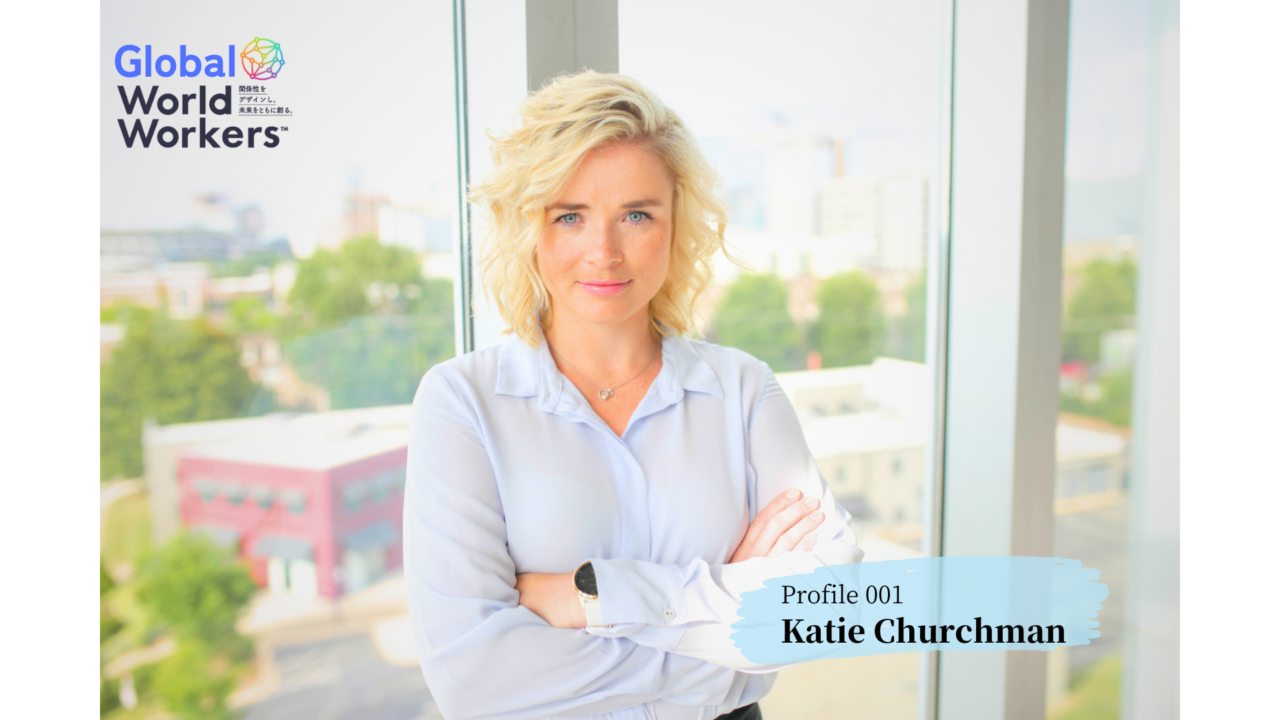
“What do you do? ” When someone asks you this question, how would you answer?
In fact, we are much more than what our business card title can express.
“How you answer that question could make a big difference in the way you live your life.”
Katie Churchman, ORSCC (CRR Global certified systems coach) and faculty member told on the stage of TED Talk.
In fact, she has a background in acting, yoga and writing, in addition to being a systems coach.
Instead of describing all those professions, she answers, “I’m a storyteller.”
For her, each of these professions, as they appear on the surface, are all connected by a single line of supporting “storytelling”.
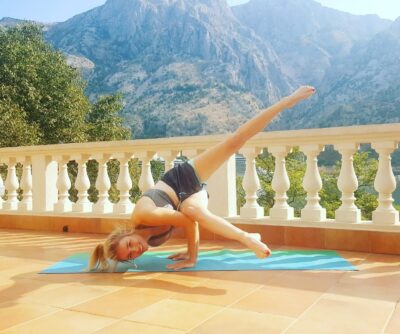
******
Global World Workers” is a series that introduces world workers from around the world by CRR Global Japan.
In this first installment, we introduce Katie Churchman, a woman of many faces.
As host of the podcast program “Relationship Matters“, Katie has hosted world workers from around the world, including CRR Global co-founders Faith Fuller and Marita Fridjhon. The show has already been broadcast nearly 100 times and has been downloaded more than 70,000 times from 126 countries.
Although Katie has been playing a major role in introducing systems coaching to the world, she actually started her career as an actor.
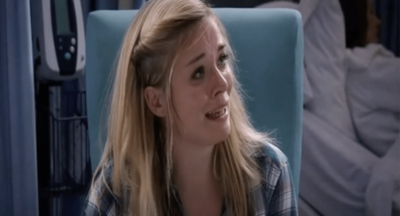
CRR Global Japan Faculty member, Izumi Shimazaki aka “Izumi” unravels the story of Katie Churchman, who was led to systems coaching through her fascination with the world of communication and expression as an actor.
目次
Acting is about connecting to your own story
Q: You have done so many things, but how did you first come across ORSC?
Katie: I started my career first as an actor. in some ways, I think I went into acting because I wasn’t very good at it. And I didn’t feel like these emotions were allowed. However, in acting I was able to express many more parts of myself.
Some people are resistant or afraid when they hear the word “acting,” but there is so much we can learn from the world of acting. As an actor, I also received a lot of training in communication skills and learned many skills related to gestures, facial expressions, and tone of voice.
I realized that these skills could be used in business and in many other areas, so I became involved in such training.
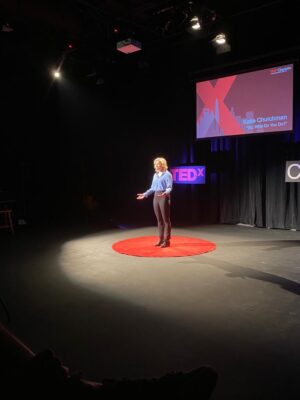
I was fascinated by this world.
I was particularly interested in the gap that I saw in many people between how they think they are and how they actually show up. (their understanding of themselves and how they present themselves).
At the time, however, I did not have the knowledge necessary to explore this issue.
Then one day, a colleague told me about ORSC (systems coaching), which she said was “the best training” she had ever heard of. I was intrigued and attended a basic ORSC course in London. That was the first encounter.
The framework for working with relationships that I learned there has changed my life both professionally and personally.
Q: How did it change?
Katie: It has helped me see the world from a completely different perspective. In a way, everything changed, from how I interact with clients to how I live my life.
When you look at it through the lens of relationships, you see that in the end, everything is about relationships. Whether you are working with a couple or a team, personal or professional, the same principles apply. From that perspective, I love my job.
Q: You’ve come to see it through a relational lens, both as an actor and as a coach.
Katie: Studying ORSC has also opened my eyes to the essence of great acting. That what actors are trying to do in it is not to experiment with other characters outside of themselves, but to reach out to different parts of themselves. It is about getting to know myself and finding my own story.
That’s exactly what I want to do as a coach: help people connect to their own stories.
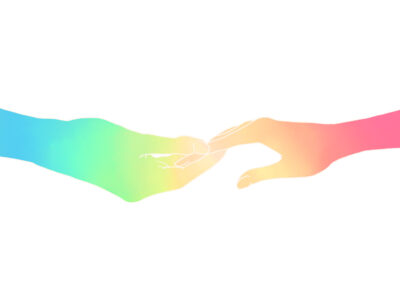
The podcast came about through a variety of circumstances.
Q: How did the podcast program “Relationship Matters” come about?
Katie: Let me start by telling you about when I was about to go into the ORSC certification program. At the time, paying out of pocket for the certification program was a bit of a stretch. However, I strongly believed that money and time constraints should not be an excuse, so I tried to find a way to overcome them.
In fact, I am also a writer. So I suggested that I write an article for Marita and Faith, the founders of CRR Global, and in return they would give me a partial scholarship.
That’s how I was able to start the certification program, at the beginning of 2020. My world work at the time was to give a keynote speech in Charlotte, North Carolina, where I lived.
But then a pandemic broke out in the world. I had to rethink my world work.
On the other hand, I continued to write the articles I had promised Marita and Faith as planned.
One of them was to interview Marita and Faith every week and write an article about it, and I actually gained a lot of wisdom from those conversations, especially during the lockdown when I was not feeling connected to the coaching community.
One day, I was listening back to the recording of the conversation in order to write an article. And It occurred to me that perhaps people would like to hear the conversation itself.
I thought it might be able to play a role in creating connections and conversations within the ORSC community during the pandemic.
That is how this podcast program, Relationship Matters, was born. Thankfully, it is already in its fourth season.
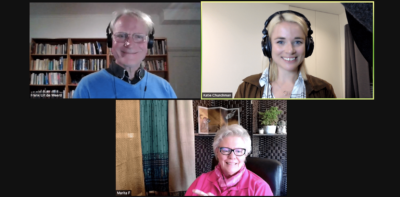
Discussing the right relationship with death, illness, and aging
Q: Are there any episode that stand out to you?
Katie: There are so many…but one of them was last year when I did a mini-series with Faith Fuller called Conversations on Cancer.
”Conversations on Cancer” trailer (2:40 min.)
Faith was interested in what it means to be in the right relationship with something like cancer and other life-threatening diseases. So together, we decided to create this six-part mini-series.
In this series, cancer survivors, caregivers of people with life-threatening illnesses, and others talk about what right relationship with something as difficult as illness and death looks like.
To me, that felt like a breakthrough. It was at least the kind of conversation that we don’t usually have, but in those episodes, we made it okay to have those kinds of conversations that we would normally be uncomfortable having.
It is important to be in right relationship with all kinds of wonderful things, like love, but it is also important to seek right relationship with things like death, illness, and aging, and to be brave enough to join the conversation and share. This series challenges us to do just that.
the beginning of a new kind of conversation
Q: I also listened to it and received a lot of great wisdom.
Katie: I feel truly honored to be a part of this as well. And I knew that many people outside of the coaching community were facing that challenge, so I decided to spread the word. I hope that the ripple effect will extend beyond the ORSC community.
The people who spoke during the episodes were brave enough to open up the conversation. And I think it was the beginning of a new kind of conversation. It was a testament to what ORSC can do for the world and also to the kind of conversations that can be had when we look at the world through the lens of relationships.

Many people from all over the world came to speak, including Yuri Morikawa and Keiko Muramatsu from Japan, who came to talk about many topics like integrating displaced people in Lebanon and how they are using their work in South Africa.
I was reminded once again that the board room is not the only place to use ORSC’s wisdom. It can be used in classrooms, in politics, in families, and all over the world.
Q: “Relationship Matters” always feels like watching a drama. It helps us understand the nature of human beings, doesn’t it?
Katie: That’s exactly right. You could say it’s an “ORSC podcast,” but I think it’s really a podcast about human being.

Everything is connected.
Q: What do you hope to do in the future?
Katie: I want to continue to spread the wisdom of ORSC, not only within the coaching community, but around the world. I believe it is very beneficial for people in all walks of life, whether they are leaders, teachers, partners, parents, etc. So I want to make it simple, accessible, and easy to understand.
As part of that mission, through my company Team Triad, I have launched a project called “Balcony view” which is a combination of articles and podcasts. The content aims to create perspective through stepping back and connecting to the bigger picture.

In our lives, we often get stuck in an adversarial structure of “me” versus “you. But if we can step back and see the bigger picture, we can begin to build more conscious and intentional relationships.
I believe this is true not only in personal relationships with partners and family members, but also in larger political conversations, and we can begin to think about the crises we are facing around the world from a bird’s eye view.
Izumi: Let’s do things together.
Katie: By all means. By the way, what is your world work, Izumi?
Izumi: I am interested in environmental issues such as global warming. I believe that the relationship is not only about the relationship between people and society, but also about the relationship between animals, plants, and other living things. I am searching for answers to how I can be involved in this issue as a coach while attending university.
When I get involved in this issue, many other issues come up, such as political economy and social issues in human society. As ORSCers, I believe there are many things we should be doing and can be doing. I also believe that if we can empower people who are working on various themes as World Workers, their influence will be connected like a net, and the world will become a better place.
Katie: That’s great. Instead of looking at these issues individually, we should look at them systematically and see how they affect each other. I can see how the dots are becoming lines and surface.
Izumi: This article is part of that activity, and I hope that by introducing Katie in this way, the dots will become lines and spread like a spider web.
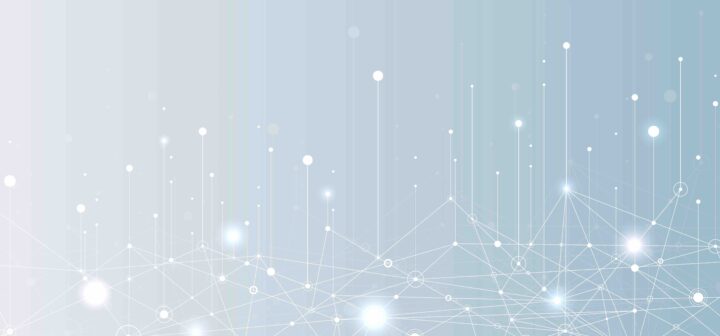
Katie: I agree. I, too, am storytelling at an essential level, helping clients understand and embrace their own stories and having conversations as a podcast host.
All in an attempt to pull out stories and weave them together (like threads of a spider’s web) just as you do.
I really like Izumi’s idea that as a global community, the spider’s web supports the individual projects on top of it.
They are not separate, they are all connected, I think.
